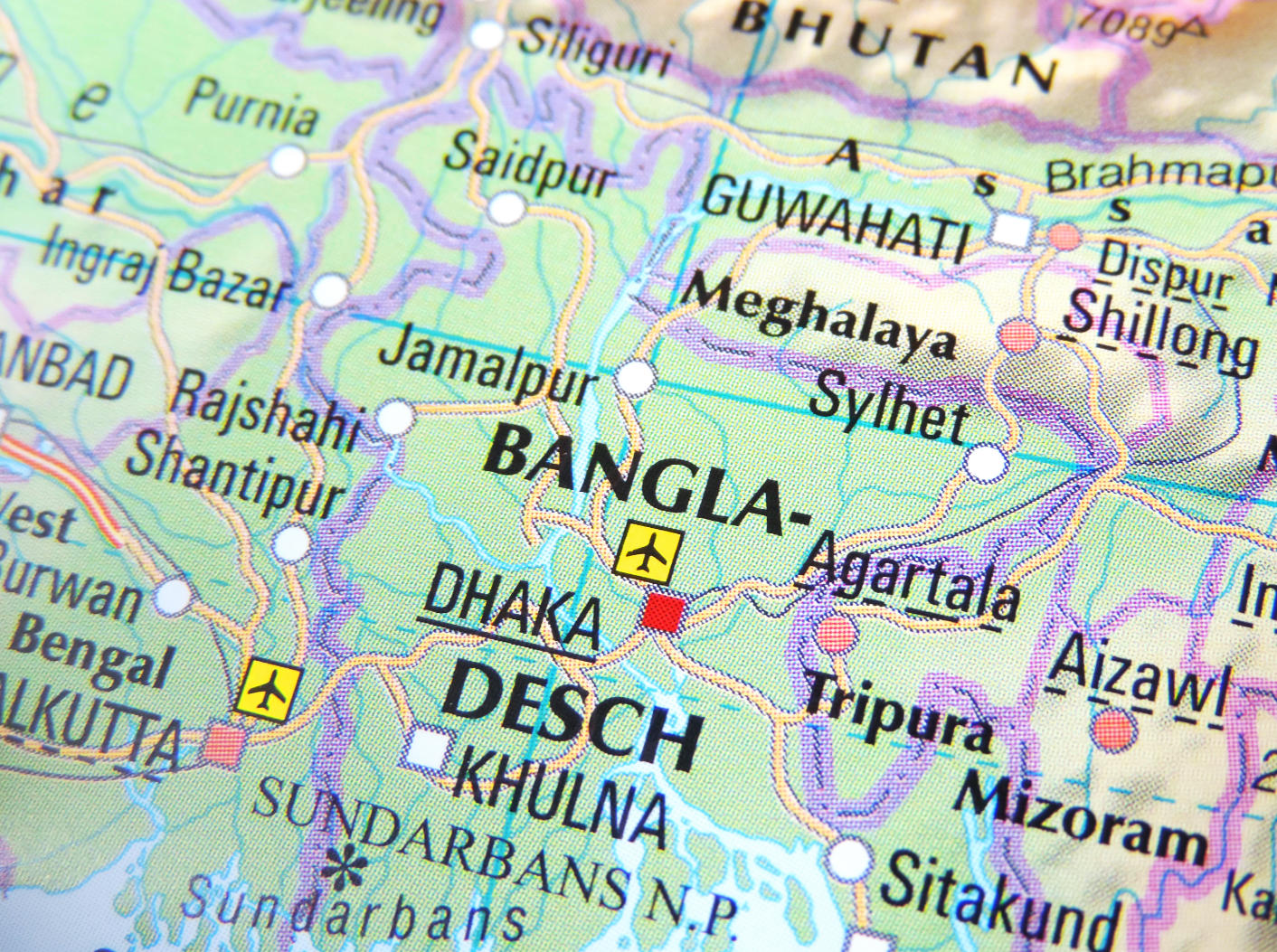Out-of-pocket (OOP) payment is the major source of finance for healthcare in Bangladesh, and the share of OOP expenditure has increased significantly. This study aimed to capture the self-reported illnesses among urban citizens and to identify whether and to what extent socioeconomic, demographic and behavioural factors of the population influenced OOP healthcare expenditures. This study used cross-sectional survey data collected from 3,100 households during May to August 2019 in urban Dhaka, Bangladesh. Findings showed that acute illnesses (e.g., fever, flu/cough) were dominant among participants. Among the chronic illnesses, approximately 9.6% of the people had diabetes, while 5.3% had high/low blood pressure. The richest quintile only spent 5.2% of their household income on healthcare, while the poorest households spent approximately six times more than the richest households. Social determinants of health related factors such as marital status, religion, source of care, access to safe water, income quintile, and even the location of households had a significant relationship with OOP expenditure. To read more, please follow the link below.


